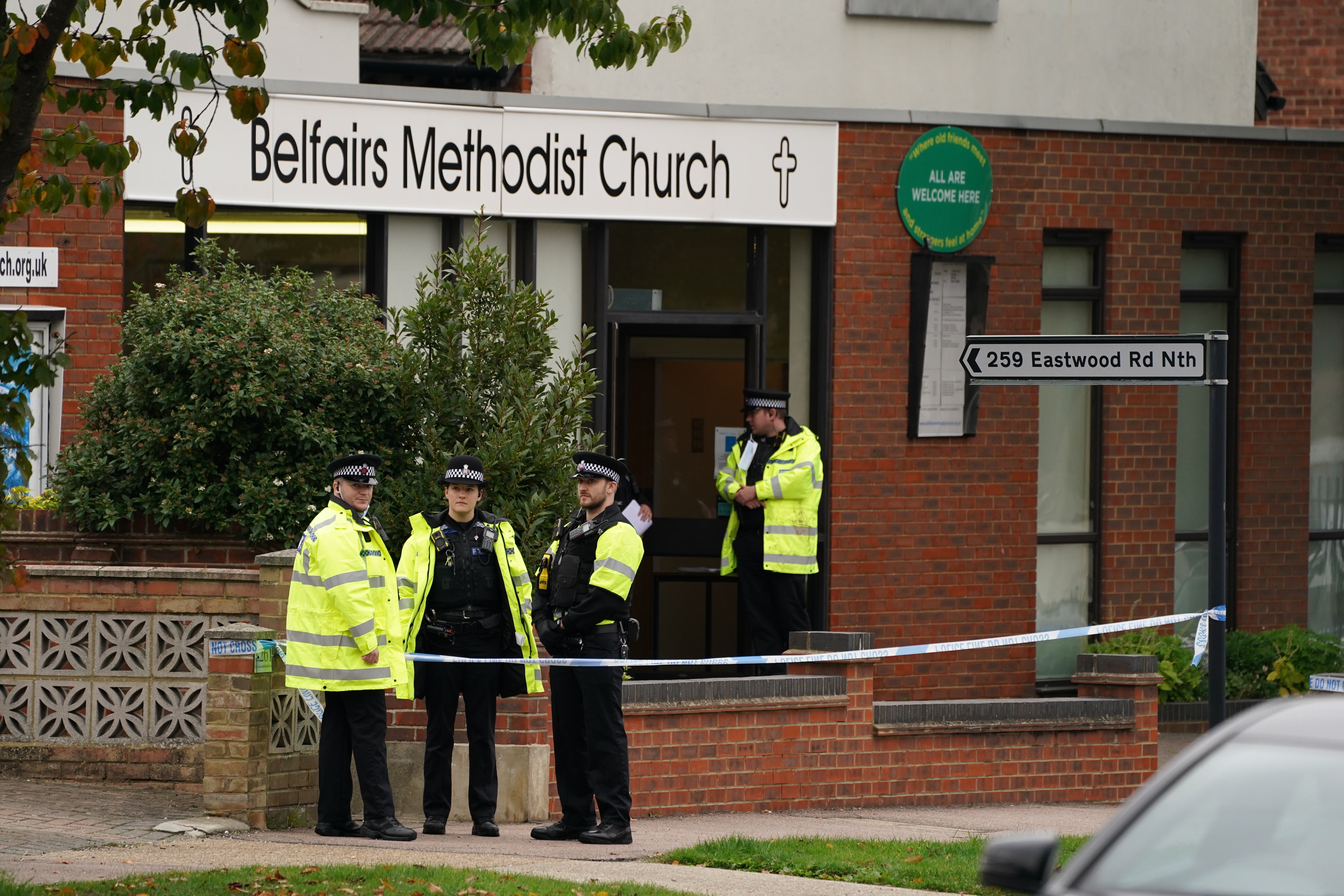MPs’ security costs up by nearly a third last year, says watchdog
The Independent Parliamentary Standards Authority said these costs could increase further following the fatal stabbing of Sir David Amess in October.

Your support helps us to tell the story
From reproductive rights to climate change to Big Tech, The Independent is on the ground when the story is developing. Whether it's investigating the financials of Elon Musk's pro-Trump PAC or producing our latest documentary, 'The A Word', which shines a light on the American women fighting for reproductive rights, we know how important it is to parse out the facts from the messaging.
At such a critical moment in US history, we need reporters on the ground. Your donation allows us to keep sending journalists to speak to both sides of the story.
The Independent is trusted by Americans across the entire political spectrum. And unlike many other quality news outlets, we choose not to lock Americans out of our reporting and analysis with paywalls. We believe quality journalism should be available to everyone, paid for by those who can afford it.
Your support makes all the difference.MPs’ security costs increased by nearly a third last year and could rise further following the fatal stabbing of Sir David Amess a watchdog has revealed.
The Independent Parliamentary Standards Authority (IPSA) said the amount stood at £4.4 million for the financial year 2020/21, up from £3.4 million in 2019/20.
Overall, MPs’ business costs amounted to nearly £138 million in 2020/21, IPSA said.
Both staffing and office costs also rose by 17% on the previous year, to £105.8 million and £15.2 million respectively, according to the regulator.
IPSA chair Richard Lloyd said spending on staffing was higher as the budget was boosted in light of constituency casework increasing to record levels.
Meanwhile, travel and subsistence costs – which include funding to cover staff and dependants – dropped by more than 60%, from £5.6 million in 2019/20 to £2.1 million in 2020/21.
Mr Lloyd said this reflected “different working patterns”.
The IPSA chair said security costs, which rose by 29% last year, “could increase further” following the death of Sir David in October.
The Conservative MP for Southend West was fatally stabbed during a constituency surgery in Leigh-on-Sea.
Mr Lloyd added that compliance with the IPSA rules remained “very high”, at 99.7%.
“As the independent regulator that oversees spending by MPs we can confirm today that compliance with our rules remained very high during the Covid pandemic,” he said.
“By far the largest area of spending is to pay for the salaries of MPs’ staff. These are people who work long hours to help constituents, often dealing with very difficult issues.
Overall spending on staffing was higher as the budget was increased to better support constituents when casework increased to record levels
“In the last financial year, MPs and their staff changed how they work to provide their constituents with a service during the pandemic. This is reflected in some of the spending details we have published today.
“We enabled MPs’ staff to work from home, while the amount spent on parliamentary business travel fell to reflect different working patterns.
“Overall spending on staffing was higher as the budget was increased to better support constituents when casework increased to record levels.”
He added: “Security spending has also increased in the last year, and could increase further this year (following the death of Sir David in October). Keeping MPs, their families, and their staff safe is absolutely vital for our democracy.”